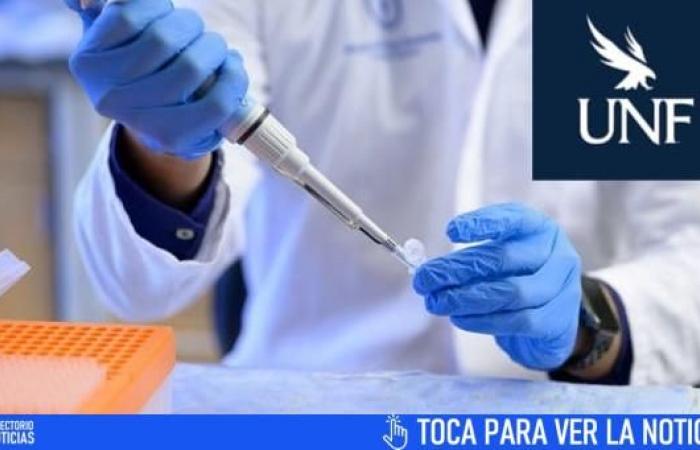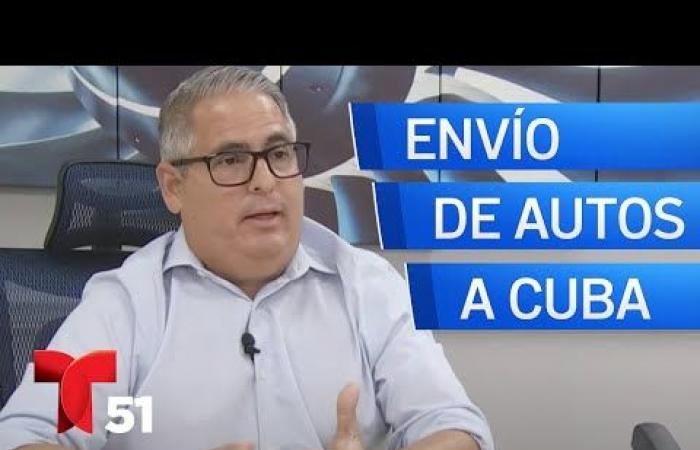A group of researchers from the University of North Florida (UNF) has developed a new peptoid compound that promises to revolutionize the treatment of several types of cancer. This advance has been recognized with a patent in the United States, highlighting its potential to significantly improve current therapies.
The compound, created by three UNF scientists, shows effectiveness against breast, colon and lung cancers, stopping their progression. This discovery could represent a radical change in the management of these difficult-to-treat cancers.
UNF has been a pioneer in research into the use of peptoids for both the early diagnosis and treatment of cancer.
This work focuses on protein arginine methyltransferases (PRMT), whose overproduction and high activation cause the methylation of other proteins. This chemical mark can activate previously suppressed cancer genes, facilitating the development of cancer.
The research team is comprised of Dr. Bryan Knuckley, project leader and chair of the Department of Chemistry and Biochemistry; Dr. Corey Causey, associate professor of Chemistry and Biochemistry; and Dr.
Fatima Rehman, associate professor of Biology. Knuckley, who joined UNF in 2012, has guided the development of these new peptoids and conducted biochemical studies to validate their effectiveness against PRMTs.
For his part, Dr. Causey has been responsible for creating the components necessary for the synthesis of these peptoids, while Dr. Rehman has tested their efficacy and specificity in human cancerous and normal cells.
Years of research
Since 2019, UNF students have actively participated in this research, reflecting the university’s commitment to scientific education and innovation.
“Although we are in the early stages, this advance is exciting and shows a promising intervention for the treatment of certain aggressive cancers,” Knuckley said.
The team is currently investigating the specific mechanism by which peptoids kill cancer cells and is conducting additional tests on peptoid compounds developed during the study. A second patent is expected to be granted next year.
The first patent focuses on the treatment of cancers using peptoids targeting PRMTs, while the second, still in the approval process, refers to specific peptoid compounds.
“This is a lifelong project to contribute to the eradication of cancer,” Knuckley said. “We want to continue researching and testing to better understand how these proteins work and improve inhibitors to develop new therapies and drugs.”
With these advances, UNF continues to position itself at the forefront of scientific research, moving toward a future where cancer can be treated more effectively and, eventually, cured.

Subscribe to notifications




